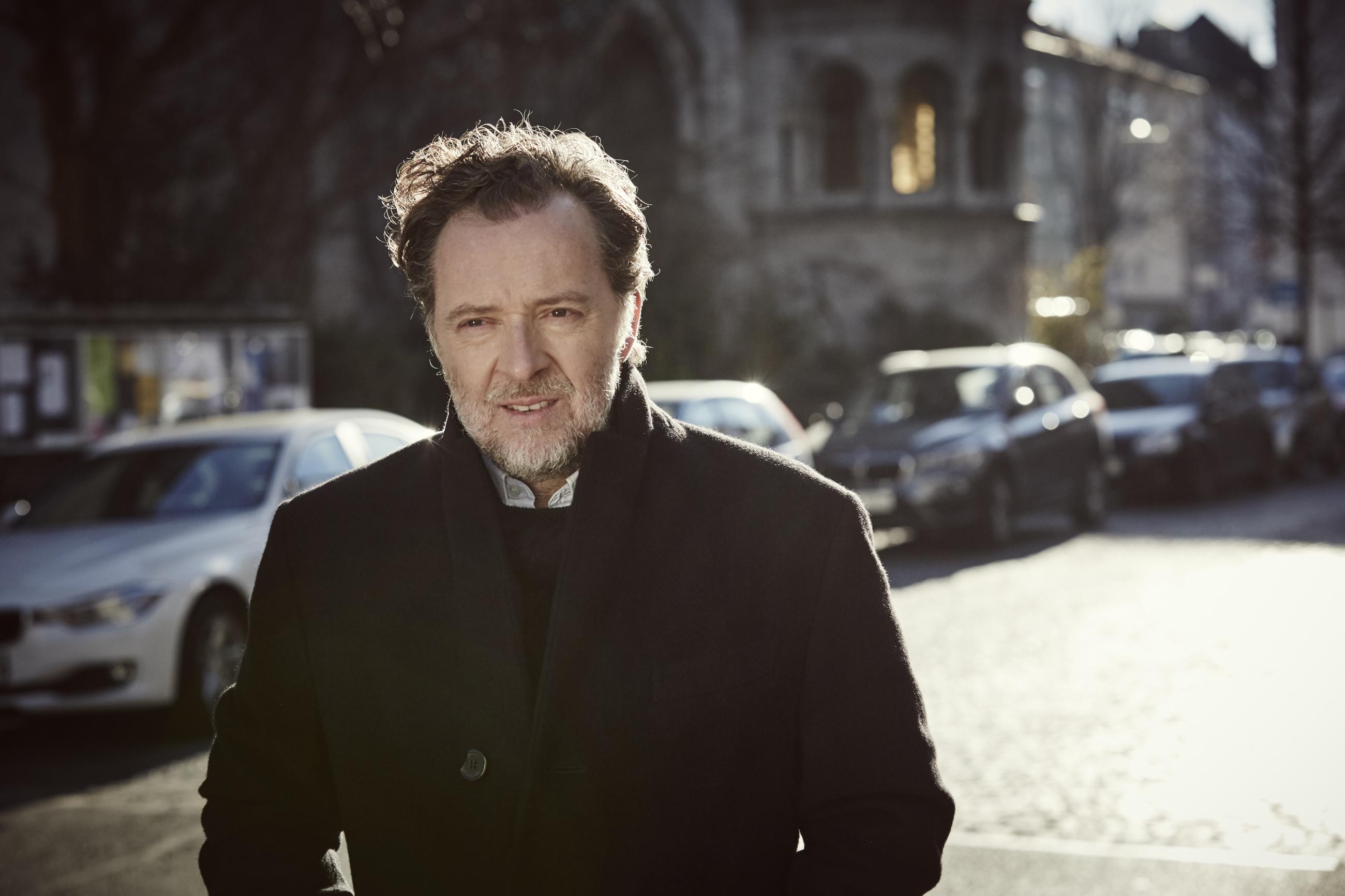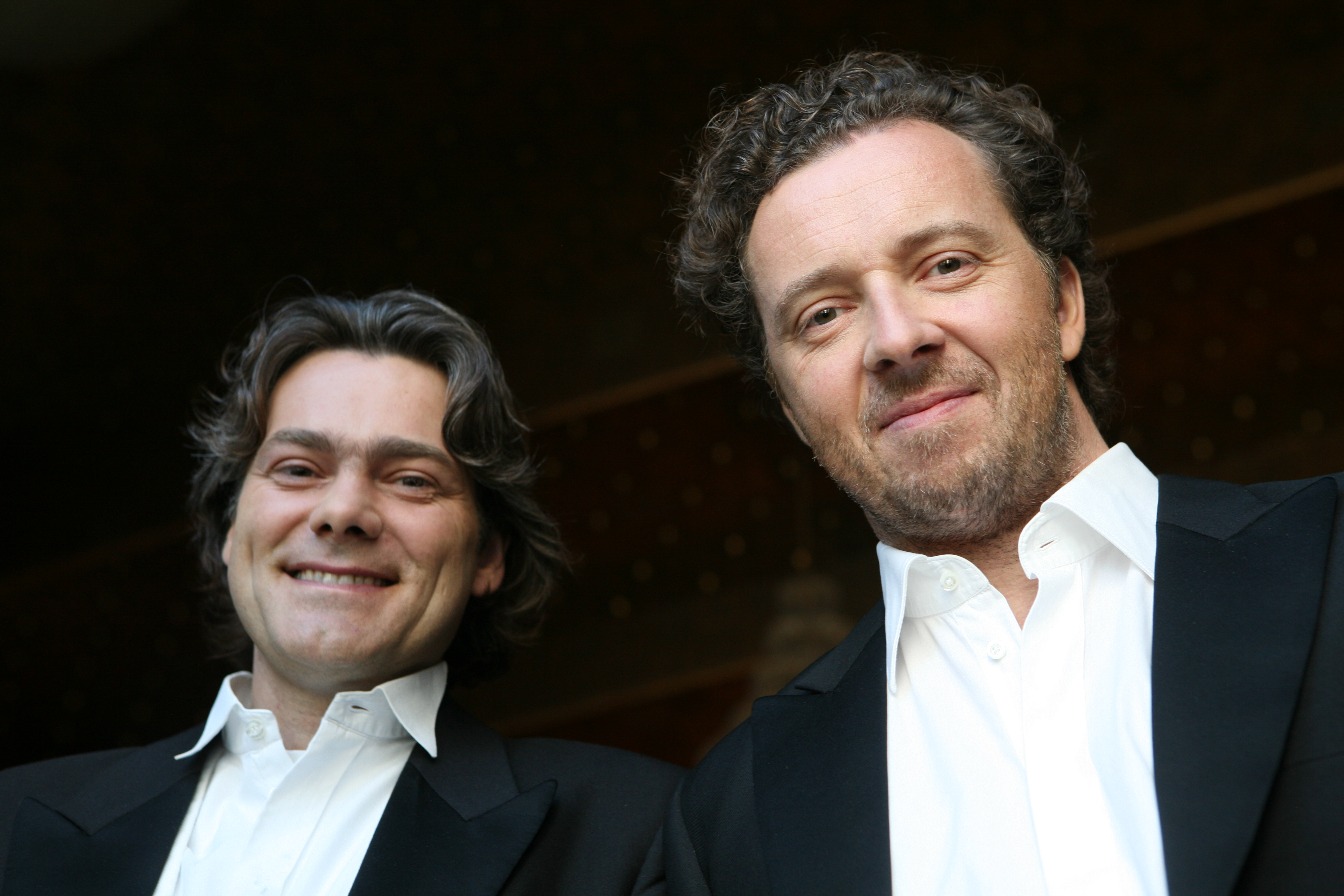
By Landon Hegedus, UChicago Presents
In conversation with baritone Christian Gerhaher:
UChicago Presents: You once had the opportunity to sing for the legendary lieder singer Dietrich Fischer-Dieskau in a masterclass. Did he give you any advice or feedback that particularly stuck with you?
Christian Gerhaher: Well, we met a number of times over the years, but one memory that stands out was while Gerold and I were attending a masterclass with Fischer-Dieskau in Berlin. After this course was over, Fischer-Dieskau asked me to call him so that we he might hear us again. Certainly, I was keen on coming back, and so I called; but when he suggested a date, I told him I had an exam in medicine that day. He grumbled and said, Okay, let's have a look, and he suggested another date. I replied, Oh, well I have an exam on this day, too… [laughs]. And then he got kind of angry and suggested I focus on my medical studies and become a singer as an amateur. These was really hard for me to take – I was not offended, but I was hurt.
Six years later, after Gerold and I had begun our professional pursuit together, we did our first recording of Schubert’s Schwanengesang. I sent one copy to Fischer-Dieskau, and he immediately wrote me a letter to say how special it was, and that he was really happy that it turned out so well. He went on to write that he never thought in earlier days that we could make it professionally, and he apologized that he was so clear about something in one moment which really shouldn't have been so clear. This was really so nice to hear, and he was so kind thereafter. He really was a decent and kind man with the utmost musical experience, and brought the greatest sense of humanity to his interpretations. But certainly, he was also somewhat impatient, because he had so many things in his head and was sought after by so many people.
UCP: It’s well-known that your musical relationship with Gerold Huber goes back to your student days. What do you feel cemented your friendship with Huber during those formative years?
CG: Certainly, he has been my best friend for a very long time – I would say he's like my second brother. This also true of how we perform and practice; in the beginning, the effort we put into rehearsing together was enormous. I don't know how many hundreds or even thousands of times we’ve performed and practiced Dichterliebe or Lieder eines fahrenden Gesellen. It was just second nature to come together and practice and practice and practice. The nature of our work now is very different from how it was in the beginning. Not just in performances, but also in rehearsals – I would describe it as a thick band of rubber between us. We start together and finish together; when one slows down or speeds up, the other is pulled along; this is all so natural, and requires no effort anymore.
Also, our approach is stylistically unproblematic – which isn’t to say that it is automatic or routine; routine is something which we both agree is always to be avoided in any kind of art. But we have a kind of mutual direction, and this makes our work easier. We can work together more effectively by knowing each other, which is always a good – it doesn’t come with any disadvantage.

